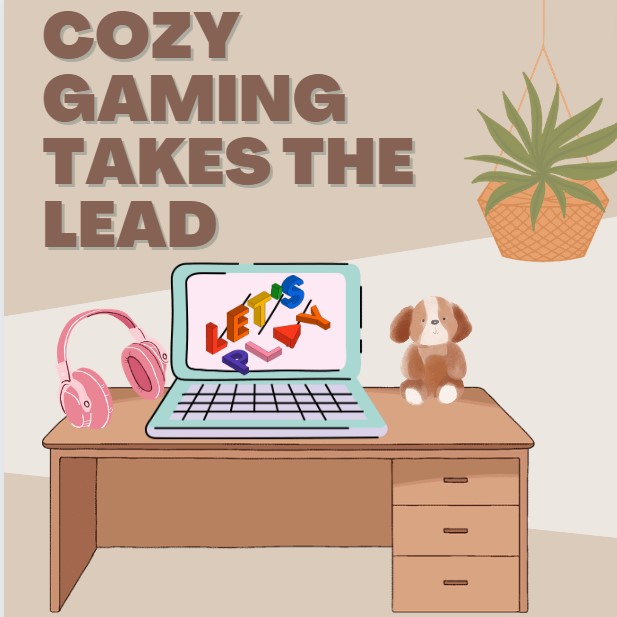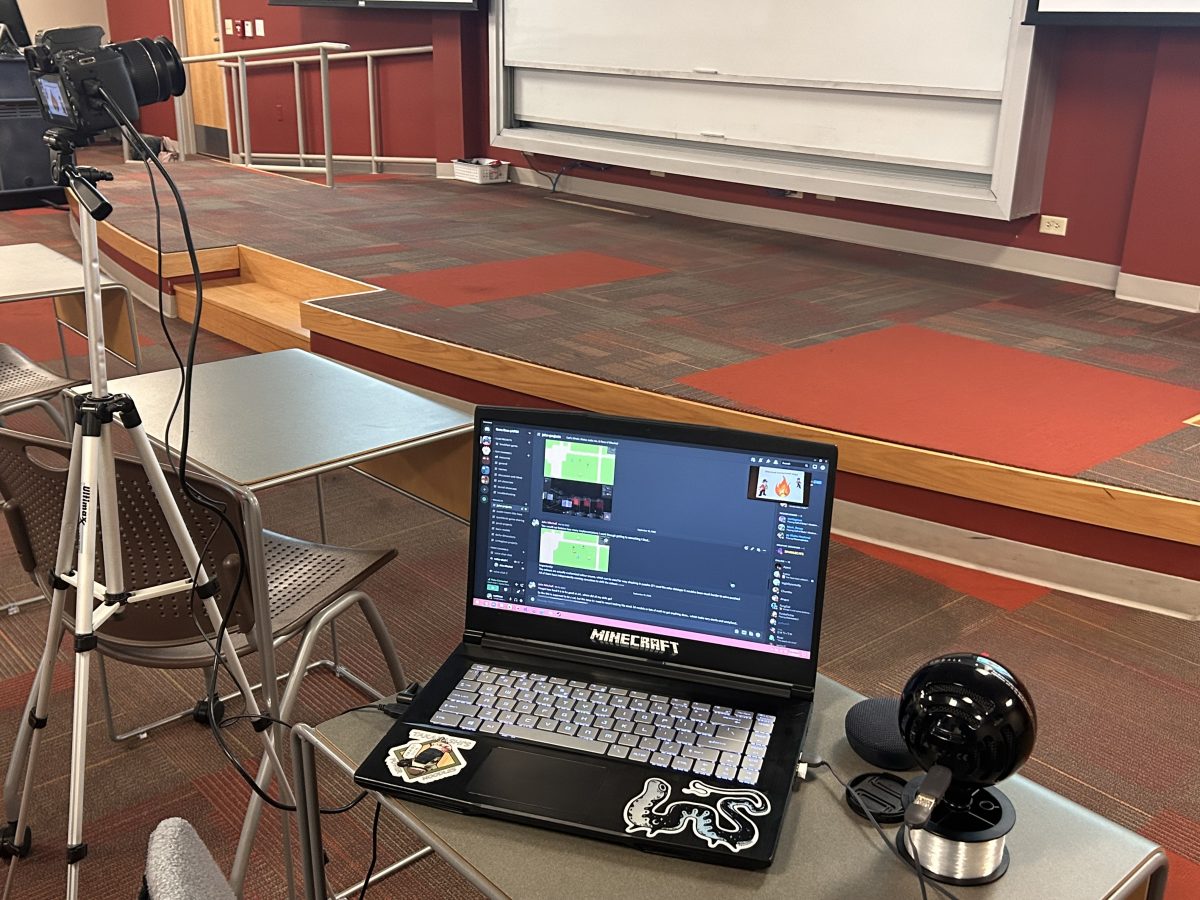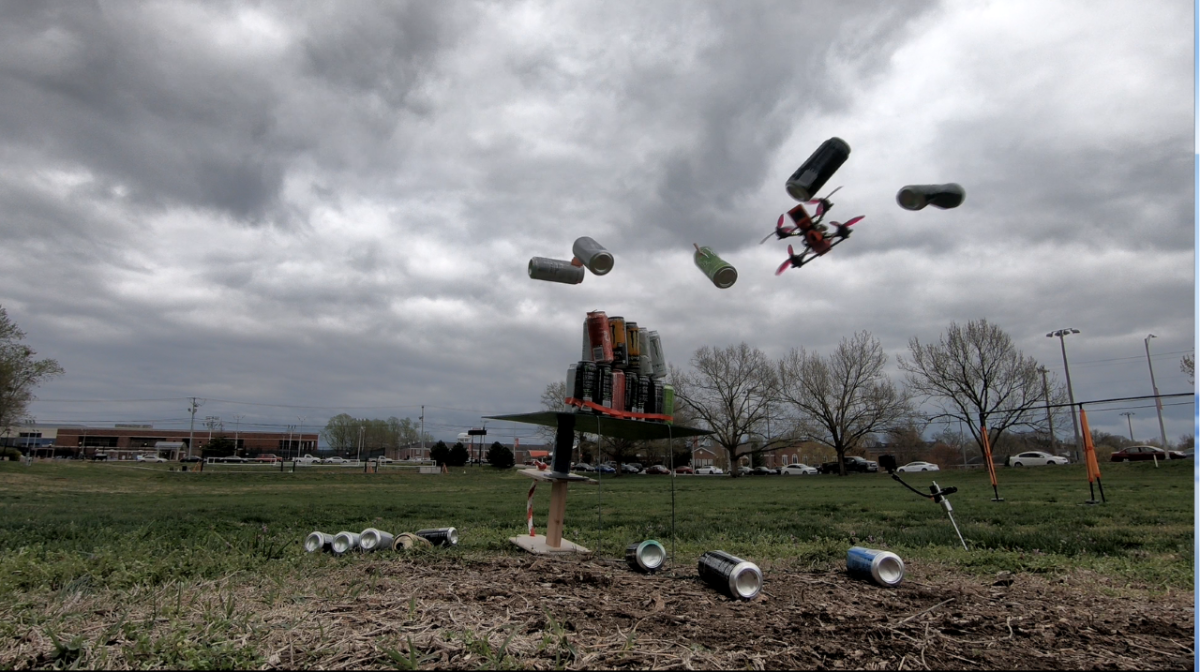MTAC is approaching, and I’m so excited.
Well, MTAC is 2 months away, but I’m still excited none the less.
Conventions such as MTAC are the ultimate gathering of geekery with vendors, special guests and many people’s favorite part: cosplay.
The ultimate form of nerdy dress-up, cosplay has become such a staple of conventions that cosplay contests are a regular feature. It’s a chance to show off your hard work and become a character for a day.
However, with cosplay becoming a mainstream part of conventions, people tend to forget there’s a person behind that makeup or costume foam. There are many unspoken rules of cosplay conduct: how to treat those in costumes, and what you can do to make the experience better for everyone involved.
1. Respect their boundaries.
The phrase “cosplay is not consent” has recently arose and is now usually featured in most convention’s rules for attending. Basically, asking permission for anything goes a long way.
The most common thing I see is people taking photos of me in my cosplay without asking me first. I don’t mind having my picture taken, in fact that’s a big reason people like to cosplay, but taking creeper shots from the corner doesn’t make me want to pose for you.
I don’t have it as bad, since my go-to cosplay is a head-to-toe mascot costume of Bender from Futurama, but lots of people have more revealing costumes and would rather have permission for you to have their photo. The general rule of thumb is that you, the photographer, should go up and ask politely if you can take a picture, or if a large group is already taking photos, you’re welcome to join in the group (Usually when one person starts snapping pictures, other people take notice and join in).
Consent goes beyond photos. Hugging, touching, groping or kissing people is never an okay thing to do without asking first. You never know if someone’s costume is fragile, or if they have makeup that could easily rub off which a hug could ruin.
In addition, people with more revealing costumes often find themselves the object of unwanted attention. I’ve watched girls get followed around for hours by the same creepy guys, staring and taking secret photos. Just because someone is dressed in a revealing costume doesn’t mean they’re okay with you touching or grabbing them. Take a step back and remember that’s a person you’re dealing with, not the fictional character they are pretending to be.
2. Encourage fellow cosplayers.
There’s nothing cuter than a little kid in a homemade costume, but unfortunately kids and other inexperienced cosplayers find themselves being insulted on their outfit.
Especially for children, flagrantly insulting a costume by saying it’s not accurate or doesn’t look good is a fast way to ruin someone’s entire convention experience. Not everyone has hundreds of dollars to spend on a cosplay, and all you’re doing by insulting them is crushing their desire to ever cosplay again.
While some may think it’s a form of constructive criticism to point out inaccuracies in people’s costumes, you’re probably just making them feel insecure.
Encouragement goes a long way. By complimenting someone’s costume, you may inspire them to keep making costumes and get better and better! There’s only positive outcomes to complimenting someone, but being negative goes nowhere.
3. Don’t “Quiz”
One of the most annoying things you can do to someone in cosplay is to insist you know more about the show/movie/manga/cartoon than they do and try to see how much they know.
“Quizzing” people on their character or whatever media the character is from comes off as rude and annoying.
People may not have the encyclopedic knowledge of a series that someone else does. Fact-checking them to see if they know every detail of their character puts people on the spot and comes off as you thinking they’re not “real nerds.” For whatever reason “real nerd” or “real gamer” is a phrase that’s getting thrown around a lot recently, and presents an idea that there are standards you have to meet to like something.
Some people also like to be in-character while they’re dressed up, and some people don’t. I’m usually in-character in my Bender cosplay, and since I don’t have his voice, I just mime everything and don’t talk. You’d be surprised how many people got mad at me for doing this and would continually ask me things to try to get a response out of me, then laugh when they heard my squeaky voice come out of the mask.
If someone decides to be in character, it’s fun to play along, but if they don’t go for it, then don’t take it as them not caring. It also shouldn’t be a sign that they don’t care if the guy who’s dressed up as The Green Lantern doesn’t know all the different Green Lanterns throughout the series.
4. Tips and Tricks
This last section is just going to be various convention-going pieces of advice I’ve accumulated over the years. If you’re new to conventions, take these tips and remember to have a great time!
A. Remember that a vendor’s work is all self-made. This isn’t a place to “haggle” or ask for requests if the artist isn’t taking them. They’re selling things at the price they chose since they had to make everything themselves, so if it’s too expensive for you, don’t buy it!
B. Pack your own food and drinks. Conventions are usually held in hotels or similar venues and usually have their own food to sell. However, this stuff is crazy expensive and not worth it. At the last convention I went to in Memphis, I bought a soda and a sandwich and it ended up costing me 10 dollars. It goes a long way to pack your own granola bars, sandwiches, and bottles of water and save on money. I usually bring some kind of ibuprofen and a change of shoes as well, since standing on your feet in a loud building all day can get tiring.
C. Take photos! Take photos with people, take photos of yourself- they’re an awesome memorabilia and an awesome way to connect with people. Interact with people who are wearing similar costumes to you, or cosplay from the same show/movie/etc and take group photos. It’s a fun way to make new friends.
D. Visit panels. Sometimes scheduling these can be hard if there’s a lot you want to go to, but panels are always worth your time. Learn a new skill, see a performance, interact with people in your fandoms – panels are a great way to add something fun to your convention experience.







